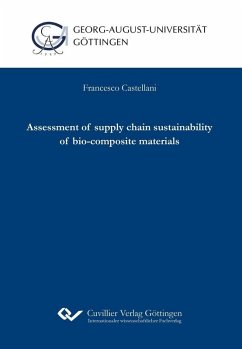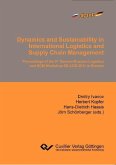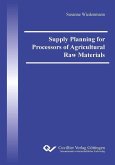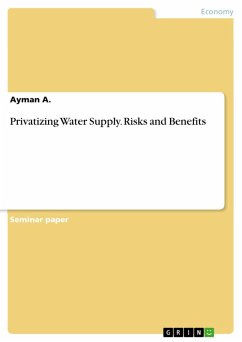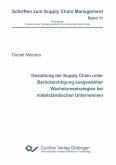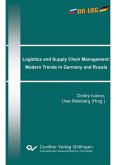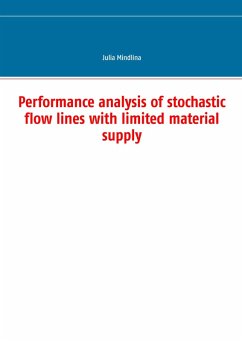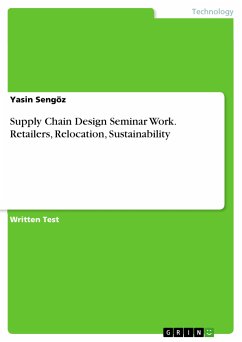Industrial processes are currently based on considerable consumption of fossil resources. Bringing down the level of greenhouse gases emitted into the atmosphere when extracting and processing this kind of resources has been main driver for the development of fossil resources substitutes and for the adoption of strategies to promote their efficient use. To increase business competitiveness, to optimize the supply chain, and to increment product quality, decision-makers of the horticulture segment face the problem to choice between fossil-based resources and their substitutes. This dissertation presents an Operations Research model, developed as decision-making support in horticulture. The model determines optimal mix of growth substrate (composed by peat and olive-mill waste compost) and optimal material of planter container (made of petroleum-based plastic or biodegradable, bio-polymer), such that additional costs when substituting and environmental impacts of a potted plant are simultaneously minimized. The optimization model is applied to a case study in Italy. Here, greenhouse gases emitted by compost are detected with experimental trials, the agronomic quality of potted plants is investigated, Life Cycle Assessment is performed, and decision-relevant costs are examined. The bi-objective problem is addressed using Pareto optimization. Finally, a scenario analysis investigates the variation of the outcomes by using different input parameters, in order to give a broader image of optimal solutions.
Dieser Download kann aus rechtlichen Gründen nur mit Rechnungsadresse in A, B, BG, CY, CZ, D, DK, EW, E, FIN, F, GR, HR, H, IRL, I, LT, L, LR, M, NL, PL, P, R, S, SLO, SK ausgeliefert werden.

